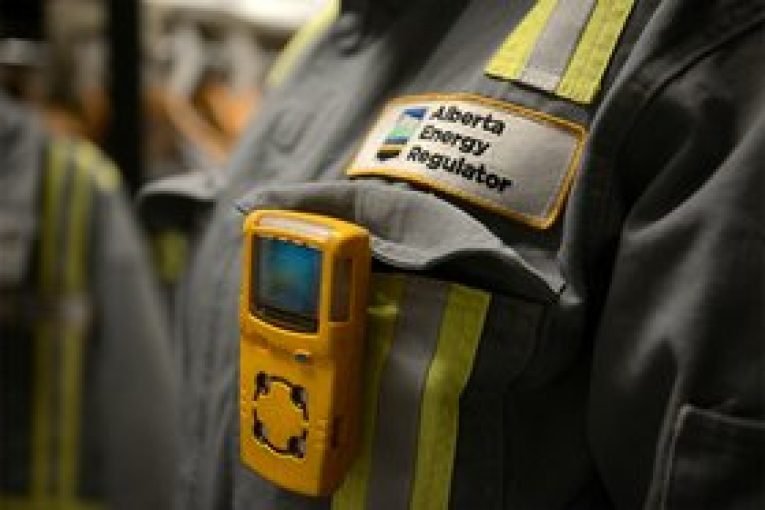
Alberta industries, including the oilpatch, will resume environmental monitoring and reporting in three weeks.
The Alberta government and its energy regulator have each issued orders for reporting to resume on July 15.
Testing and reporting had been suspended earlier this spring due to what officials called health and staffing concerns related to the COVID-19 pandemic, but Environment Minister Jason Nixon says now is the time to resume, given the province is flattening the COVID-19 curve.
“The temporary reporting relief provided through Environment and Parks allowed industry time to ensure the health and safety of staff and the communities in which they work,” Nixon said Tuesday in a statement.
“Now that the public health emergency is no longer in effect and Alberta is reopening as part of our Phase 2 relaunch, industry can resume business while keeping communities and employees safe.”
The Alberta Energy Regulator said it is also returning to normal processes, including providing opportunities for public feedback on project applications.
Environmental critics, Indigenous groups and the Opposition NDP had been demanding the government reinstate the monitoring, questioning why it was shut down while other energy operations were deemed essential and allowed to continue.
The regulator suspended reporting and monitoring requirements in May that were originally imposed as licence conditions.
Companies did not have to monitor fumes released by burning, or look for and repair leaks of methane, a potent greenhouse gas. Surface water did not have to be tested unless it escaped into the environment.
Most soil and groundwater monitoring was also suspended and in-situ oilsands operations did not have to conduct any wildlife monitoring or research. Reclamation and wetland monitoring was also suspended.
The move followed earlier ministerial orders issued in late March and early April by Nixon and Energy Minister Sonya Savage to temporarily suspend environmental reporting requirements for a range of industries, from forestry companies to cement manufacturers.
The suspension applied to three key environmental acts: the Water Act, the Public Lands Act, and the Environmental Protection and Enhancement Act.
The suspension did not apply to drinking water facilities.
Opponents fought back against the suspensions, labelling them more of a sop for industry and less about public safety.
Two weeks ago, a dozen conservation and Indigenous groups wrote to federal Environment Minister Jonathan Wilkinson asking him to force Alberta to reinstate environmental monitoring in the oilpatch, noting that Wood Buffalo National Park, a UNESCO World Heritage Site, sits downstream from Alberta’s oilsands.
Three different northern Alberta First Nations also filed a request to appeal the regulator’s decision to suspend monitoring, pointing out First Nations weren’t consulted despite the decision’s impacts on their treaty rights.
Alberta lifted its state of public health emergency on June 15 and is proceeding with its economic relaunch.
Most businesses are now allowed to open, with health restrictions.
Public gatherings are limited to 50 people indoors and 100 people outside.
© 2020 The Canadian Press
You can read more of the news on source
